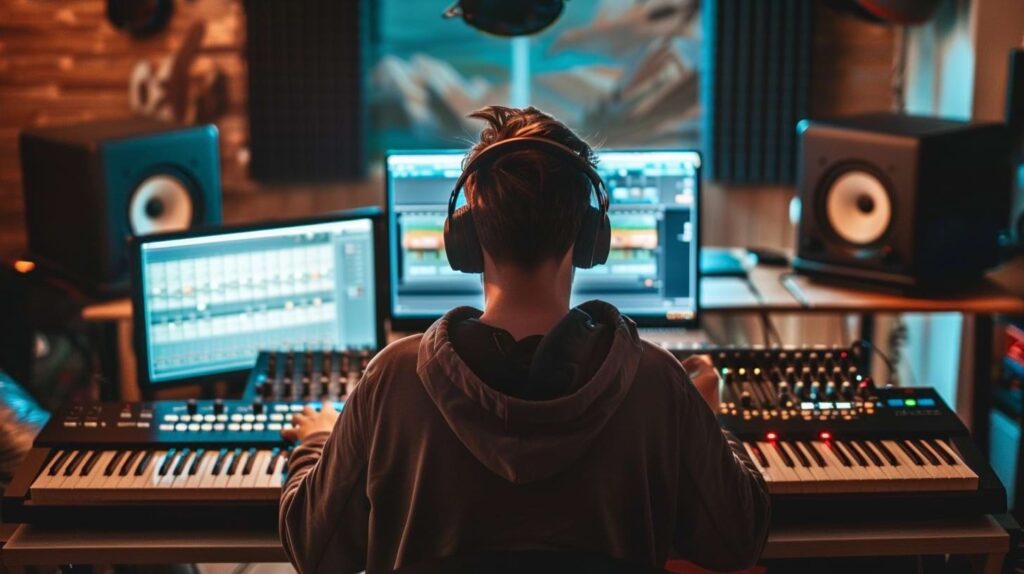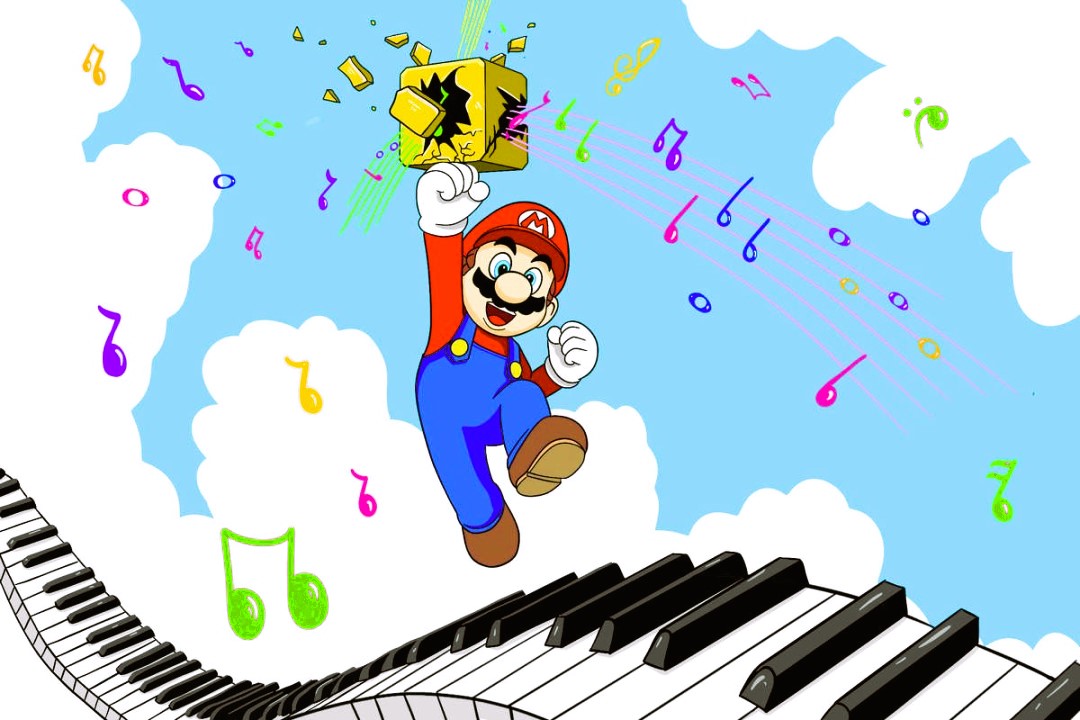In the world of video games, music serves as more than just an accompaniment; it plays a crucial role in shaping the gaming experience. From the exhilarating anthems that accompany fast-paced action to the haunting melodies that underscore a narrative journey, music has the power to evoke emotions, enhance gameplay, and create unforgettable moments. However, behind the scenes, the process of licensing music for video games is complex and often misunderstood. This article explores the impact of music licensing in video games, detailing what gamers should know about this critical aspect of game development.
Understanding Music Licensing
Music licensing refers to the legal process through which creators or publishers of music grant permission for their work to be used in various mediums, including video games. This process is essential to ensure that the rights of composers, artists, and record labels are respected and that they receive compensation for the use of their work.
Types of Music Licenses
There are several types of music licenses that game developers may encounter:
- Synchronization License: This license allows the game developer to use a specific piece of music in conjunction with visual elements, such as in-game cutscenes or promotional trailers. This type of license is common for songs featured in a game’s soundtrack.
- Master License: This type of license grants the right to use a specific recording of a song. If a game developer wants to use a particular version of a track (such as a well-known recording by a famous artist), they need to secure a master license.
- Performance License: This license is required when music is played in a public setting, such as during a gaming event or tournament. Organizations like ASCAP or BMI typically manage these licenses.
- Mechanical License: This type of license is necessary when music is reproduced in a physical format, such as on a game disc or downloadable content (DLC).
The Importance of Licensing Music
Licensing music in video games is crucial for several reasons:
1. Legal Compliance
Using music without proper licensing can lead to severe legal consequences for game developers, including lawsuits, fines, and the potential removal of their games from digital platforms. Legal compliance is essential for protecting the rights of musicians and ensuring that their work is respected.
2. Fair Compensation for Artists
Licensing ensures that artists, composers, and producers receive fair compensation for their work. When music is licensed properly, creators can earn royalties, which help sustain their careers and encourage the creation of new music. In a world where streaming has drastically reduced music revenue, licensing in video games offers a vital source of income for many artists.
3. Enhancing the Gaming Experience
Licensed music can significantly enhance the gaming experience. Well-chosen tracks can set the mood, evoke emotions, and make gameplay more immersive. For example, the use of a recognizable pop song can evoke nostalgia or create excitement during pivotal moments in a game. Games like Grand Theft Auto V and Tony Hawk’s Pro Skater are famous for their expertly curated soundtracks that elevate the overall experience. Did you like our article? Read also about The Art of Soundtrack Writing.
4. Promoting New Music and Artists
Video games often serve as a platform for promoting new music and artists. By featuring licensed tracks in games, developers can introduce players to emerging talent, helping them gain exposure and reach wider audiences. This symbiotic relationship benefits both the artists and the gaming industry, fostering creativity and collaboration.
The Challenges of Music Licensing

Despite its importance, the process of licensing music for video games is fraught with challenges:
1. Cost
Licensing music can be expensive, especially for well-known tracks or popular artists. Game developers must weigh the costs against their budgets, which can be especially challenging for indie developers. As a result, some may opt for original compositions or royalty-free music to avoid licensing fees.
2. Availability and Negotiation
Securing licenses often involves negotiations with multiple parties, including artists, publishers, and record labels. This process can be time-consuming and may lead to delays in game development. Additionally, not all artists may be willing to license their music for video games, leading to missed opportunities for developers.
3. Restrictions and Limitations
Licenses may come with restrictions regarding how and where the music can be used. For example, some tracks may only be available for use in specific regions or for limited timeframes. These restrictions can hinder a developer’s creative vision and limit their options when selecting music.
4. Changing Industry Landscape
The gaming industry is constantly evolving, and with it, the landscape of music licensing. As digital distribution and streaming become more prevalent, developers must stay informed about new licensing regulations and trends to ensure compliance and adapt to industry changes.
The impact of licensing music in video games is profound, affecting everything from gameplay experience to artist compensation. As gamers, understanding this process can enrich your appreciation of the art and effort that goes into creating soundtracks for your favorite titles. As the gaming industry continues to evolve, music will remain a crucial element in shaping the experiences we cherish. By supporting licensed music and the artists behind it, gamers can contribute to a thriving creative ecosystem that benefits both the music and gaming industries.
For more insights into music licensing in video games, you can explore the Wikipedia page on Music Licensing.


